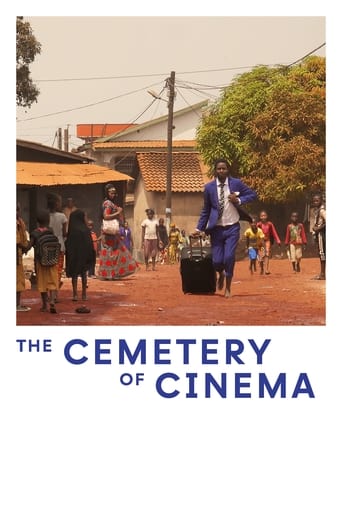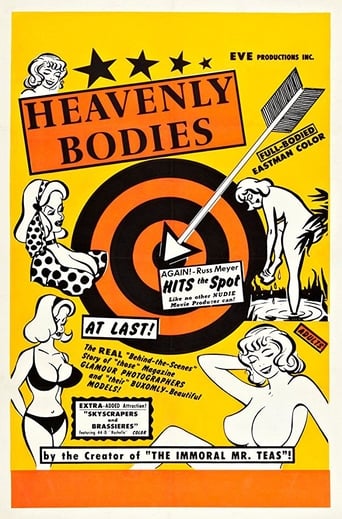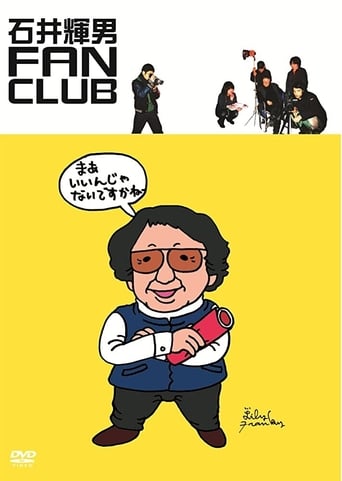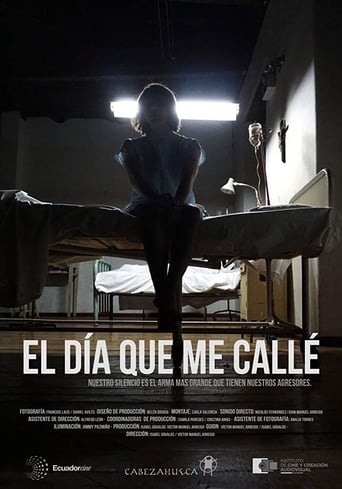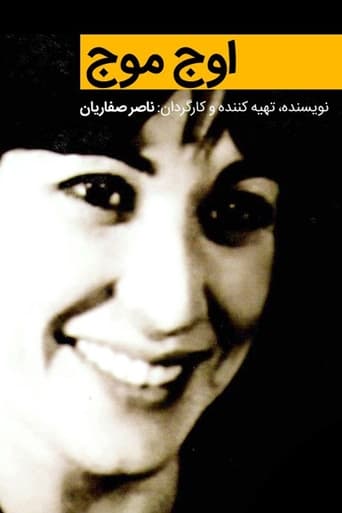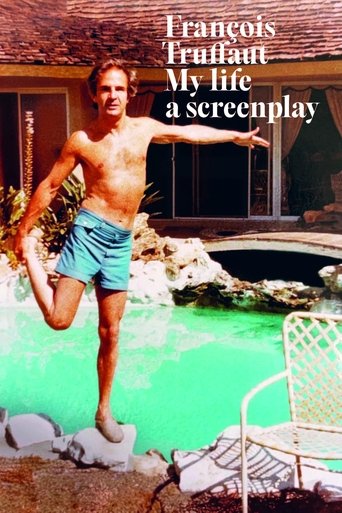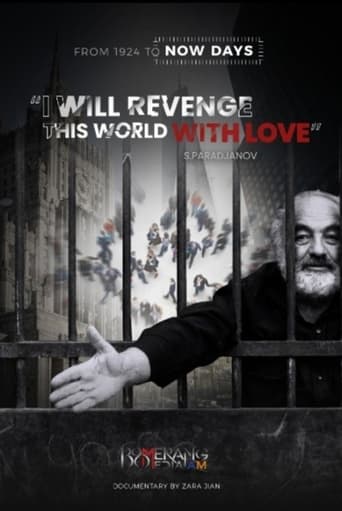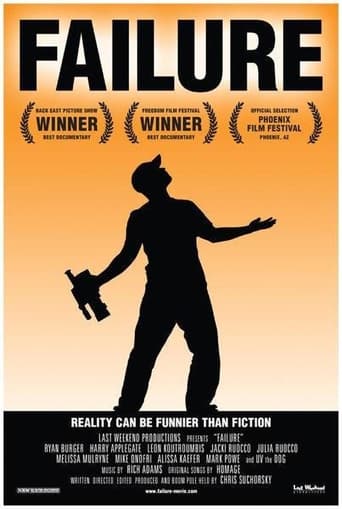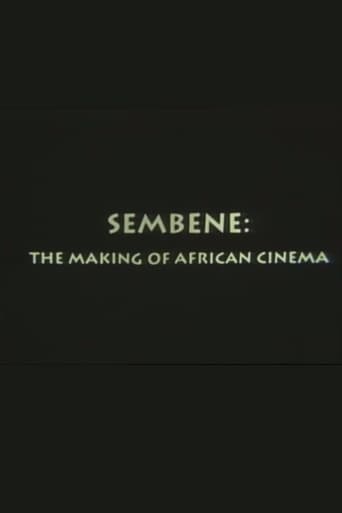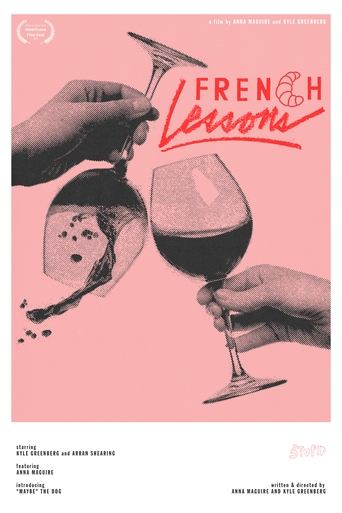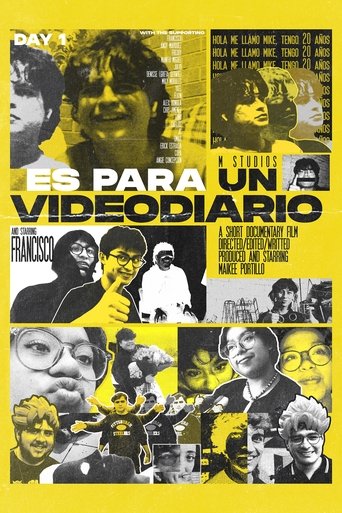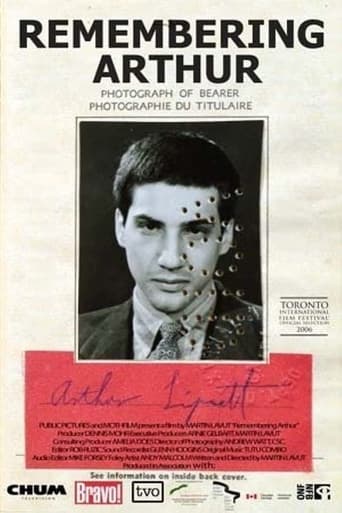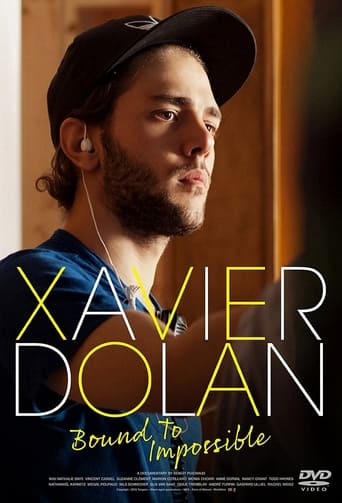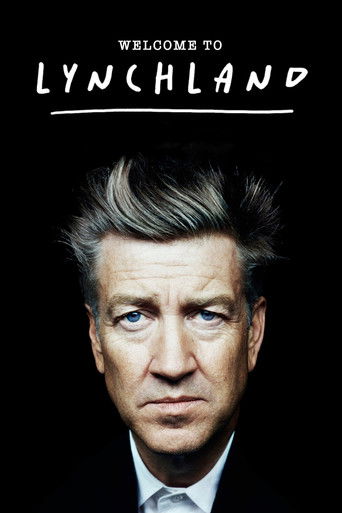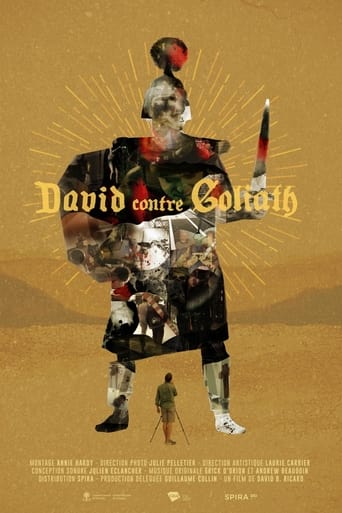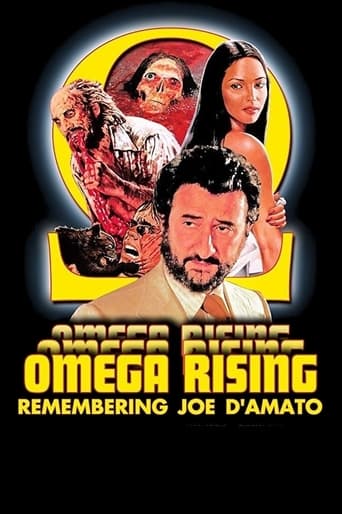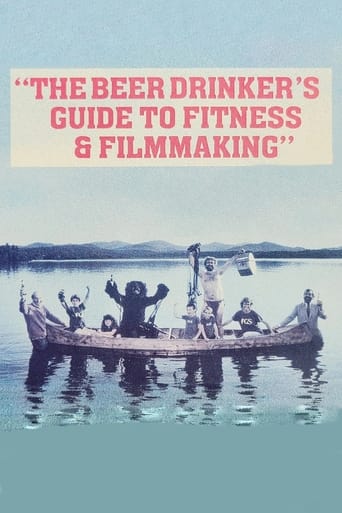
The Beer Drinker's Guide to Fitness and Filmmaking
"My father says if people don't come and see this movie, we'll starve," says Tate Sullivan, introducing his father's "The Beer Drinker's Guide to Fitness and Filmmaking." (Send canned goods to Auteur-Aid, care of Fred G. Sullivan, Saranac Lake, N.Y. 12983.) "The Guide" is the Sullivan family album, a grandiose home movie focused on the days and nights, life and times of "Adirondack" Fred. And you thought Molly Dodd was a schlemiel. Fred, the most self-obsessed creature since Garfield the Cat, produces, directs, writes, edits and stars in this offbeat, low-budget work. Fred's four children, Fred's tiresome wife Polly, Fred's business partners, psychiatrist, internist, teachers, neighbors, creditors, sommelier and so forth comment on the 42-year-old ne'er-do-well.
